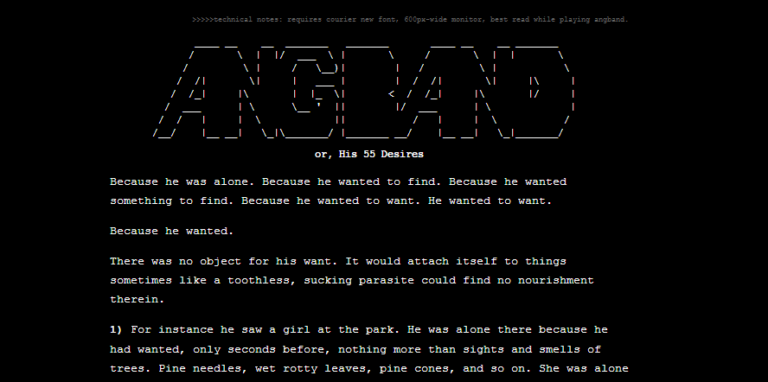Another Insane Devotion
Another Insane Devotion
Peter Trachtenberg
Da Capo Press, November 2012
304 pages
$24.00
Paul Leyhausen calls cats’ ‘gifts’ of dead mice and birds as treating their owners like deputy kittens—as if they think we are pathetic creatures who can’t take care of ourselves and need to be taught to hunt. What we want to believe, though, when we find a mouse half-alive by our bed, is that our animal not only loves us, but is grateful for all we do.
“A corollary is that in love, the beloved is the reason for doing something rather than that action’s afterword or appendix,” Peter Trachtenberg writes in Another Insane Devotion, his latest book of nonfiction. Trachtenberg then imagines a scenario where his cat Biscuit gives him a chipmunk with the thought, “This is something he will like or use.”
Trachtenberg attempts to broach the impossible—longing, the existence of reciprocal love, the defining and ending of a marriage—with the narrative frame of Biscuit’s disappearance, while he is away teaching and his wife is abroad. As the narrator decides whether he’ll really travel 1,400 miles back to his house to search for a cat (spoiler: he does) he probes deeply into the beginning end of his marriage. Rather than attempting to pinpoint what went wrong (because what can go wrong, but a culmination of issues) he explores the history of marriage, and how what makes a marriage end has more to do with successfully playing out the roles of a husband and a wife—or not.
This isn’t just a book about cats or about a divorce, however. These are the handles that Trachtenberg offers us as we ride through territory that it took Proust volumes to explore, and Sappho a lifetime of poems. Trachtenberg posits beautifully the idea that the things and people we love are sometimes as puzzling as the emotion itself. We feel longing and devotion for a creature that might not be able to comprehend human love. When our love affairs with humans end, that love goes… well, some place. Our memory is the only proof that it ever happened. And what a thing is memory?
In a living room in North Carolina I was among a handful of students who met with Trachtenberg for a semester to explore and possibly define the lyric essay. Ultimately, Peter attempted this definition: “The way in which you get to the point is often more important than the point itself.” With Another Insane Devotion a new definition arises—the way in which he gets to the point is just as important, and as mysterious as the point itself.

